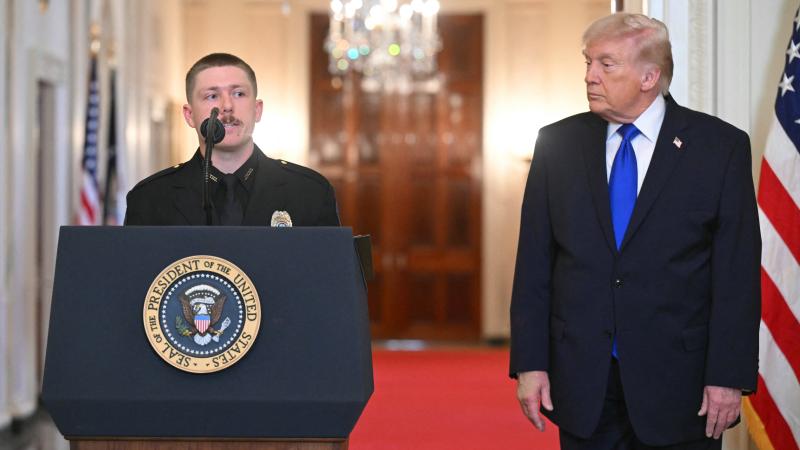Seattle mayor signs off on new surveillance technology to improve public safety
Pilot program will deploy closed-circuit television cameras in three high-crime Seattle neighborhoods.
Seattle Mayor Bruce Harrell has signed off on two bills that implement a crime prevention technology pilot program to provide the Seattle Police Department relief and ensure safety on city streets.
The pilot program will deploy closed-circuit television cameras in three high-crime Seattle neighborhoods: Aurora Avenue North, the downtown Third Avenue corridor, and the Chinatown-International District.
The pilot program will also implement real-time crime center technology, also referred to as RTCC software. This technology functions as a single access platform to view and analyze various sources of existing and proposed Seattle police data such as video and audio feeds, officer dispatch information and location, 911 calls, and police records.
“Leveraging these new evidence-based technologies will help our law enforcement officers have the information they need to respond quickly to crimes, helping us create safer environments in neighborhoods that are facing high rates of gun violence, human trafficking, and persistent felony crime,” Harrell said in a news release.
Harrell’s proposed 2025-2026 budget dedicates $2.4 million to establish and staff a Real Time Crime Center integrated with closed-circuit television cameras to coordinate emergency responses.
Prior to approval, the Seattle City Council was sent letters in opposition of the new technology from the Washington Immigrant Solidarity Network, the American Civil Liberties Union of Washington, Planned Parenthood, Chief Seattle Club, El Centro de la Raza, and the Gender Justice League, among others.
The organizations stated their concerns that the use of the new surveillance technologies could allow for circumvention of Washington’s sanctuary protections, such as the Keep Washington Working Act and the Washington Shield law.
Seattle City Councilmember Tammy Morales cited the letters before voting against the two bills to implement the crime prevention technology
“There is no requirement that these entities comply with Washington data protection laws, because the data would be collected and housed outside with Washington state,” Morales said prior to the technology’s approval by the Seattle City Council on Tuesday.
Fellow Councilmember Tanya Woo noted that many businesses in Seattle’s Little Saigon neighborhood have private CCTV cameras and spend $6,000 to $7,000 on the technology. These businesses already struggle with low profit margins and face going out of business due to minimal foot traffic resulting from increasing crime in the area.
Earlier this year, the city approved the expansion of Automated License Plate Readers to 360 police vehicles with dashcams to help solve active investigations, find missing persons, and recover lost or stolen vehicles.
Expanding the technology to a fleet-wide deployment is estimated to cost $280,000 per year.















